Intensive Farming Higher Biology
Intensive farming used various means based on technological and scientific innovations such as phytosanitary products selection of varieties and genetic engineering to improve the performance of soils plants and livestock. Intensive farming practices such as larger herd size maize growth fewer hedgerows and the use of silage have been linked to higher risk of bovine TB new research has concluded.
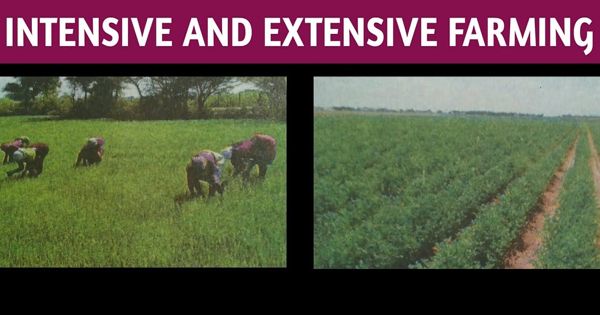
Difference Between Intensive And Extensive Farming Assignment Point
Modern farming practices have radically increased the efficiency of farming producing more food from the available land.

Intensive farming higher biology. In a lifetime we have moved from not having enough to eat to having tons of food. Therefore intensive farming may alter selection on various traits such as life-history traits and virulence. An expensive initial payment is.
Paddy ricehigh-yield farming reduced water use while applying nitrogen boosted yield without significantly affects greenhouse gas levels per unit. Closer to the edge of the forest that is. Intensive farming is the latest technique used to yield high productivity by using measures such as keeping a large number of livestock indoors and using an excessive amount of chemical fertilizers on a tiny acreage.
Using high-yielding hybrid cultivars and large inputs of inorganic fertilisers. In intensive farming the animals are fed in confinement with no access to graze. Fish in a pond are not accessible to everyone.
Reduction in biodiversity in areas where large amounts of land are used to graze cattle as only grass is grown so in effect it becomes a monoculture overgrazing can lead to soil erosion large numbers of cattle produce large amounts of methane a greenhouse gas. Intensive farming or intensive agriculture involves various types of agriculture with higher levels of input and output per unit of agricultural land area. In extensive and semi-intensive farming system the sheep flocks are let loose for a grazing period of 48 hours.
Achieving these unnatural results requires high degrees of human manipulation. The farmers can select the fish species with desired characteristics to raise. Fish farming can be integrated into the existing farm to create additional income and improve its water management.
Features of Intensive Subsistence Farming 1. Intensive farming is the latest technique used to yield high productivity by keeping large number of livestock indoors and using excessive amount of chemical fertilizers on a tiny acreage. After World War II intensive farming techniques flourished.
It is practised in areas of high population pressure on land. Farmers growing arable crops often specialise in growing only one crop to. Newly-developed chemical pesticides and machine power crop yields increased to 3 or 4 times those produced using the more extensive low-input methods of 100 years ago.
It is carried out to meet the rising demand for cheap food and prevent future shortages. Intensive farming is less ethical than free range farming due to poorer animal welfare. It is carried out to meet the rising demand for cheap food and to prevent future shortages.
This is a biointensive agriculture that causes increase in yield per unit area yield per energy input yield per water input etc. Improving the welfare of domesticated animals involves increased costs. We focus our review on intensive animal.
Management Intensive Rotational Grazing. Intensive farming is characterized by higher yields wrested from plants animals and the earth motivated by a desire for more product for less money. Despite this intensive farming providing us with masses of cheap food there are a number of problems.
The farmed fish provides high quality protein for human consumption. As industrial farming concerns took up more and more land these small-scale farmers were pushed out geographically too closer to uncultivable zones. Intensive farming of plants and animals creates condi-tions for parasite transmission and growth that are drasti-cally different from conditions experienced by parasites in wild host populations.
Intensive Farming Intensive farming can produce more food because it is designed to provide more food for the given land Many people regard intensive farming of animals as cruel In order to produce more food from the land fertilisers and pesticides are needed Back to Contents 23. Intensive farming uses machines fertilisers man-power and high-yield crops to maximise the amount of food produced. It involves use of intercropping as well as vertical farming.
The practice of farming that the study of relation between organisms and their environment. Farming is often under-rated nowadays. Ecological issues with intensive farming include.
The system involves high cash inputs. Money is the objective and much of it goes funneling into the hands of a very few.

Advantages And Disadvantages Of Intensive Farming

Soil The Foundation Of Agriculture Learn Science At Scitable
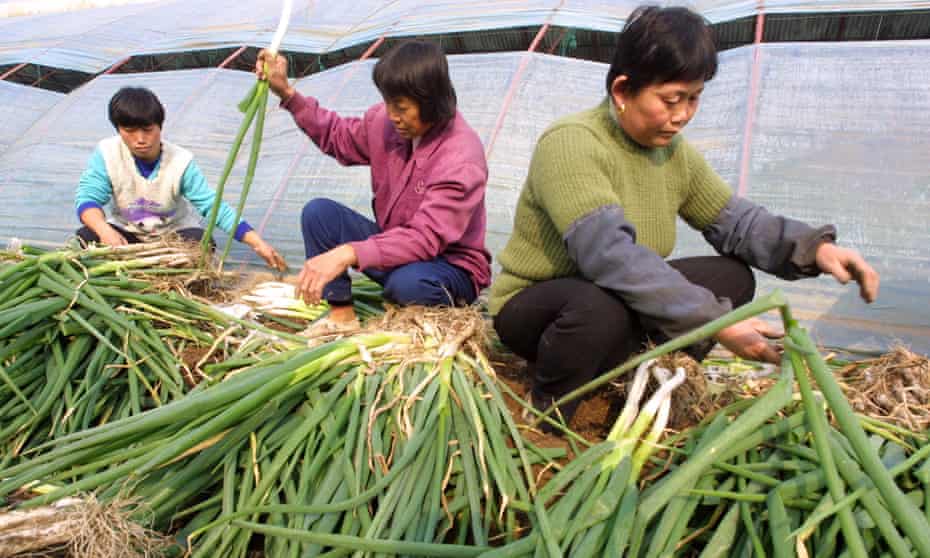
Can We Ditch Intensive Farming And Still Feed The World Farming The Guardian

Usda Data Confirm Organic Yields Significantly Lower Than With Conventional Farming Genetic Literacy Project
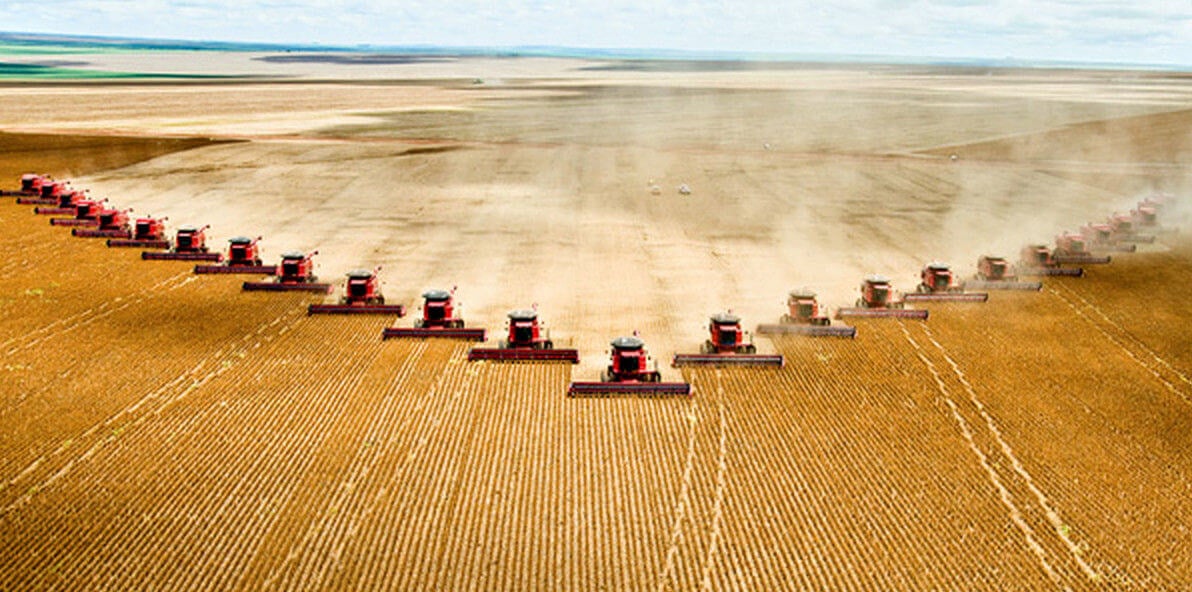
Sustainability Advantage High Yield Intensive Agriculture Outpaces Organic Farming Large Study Shows Genetic Literacy Project

Intensive Agriculture Impact On Humans Animals And The Planet

Intensive Animal Farming Everything You Need To Know What Is It Types Advantages And Disadvantages Farming Base

The Pros And Cons Of Intensive Farming

Farming Systems In India Wikipedia

Intensive Animal Farming Everything You Need To Know What Is It Types Advantages And Disadvantages Farming Base
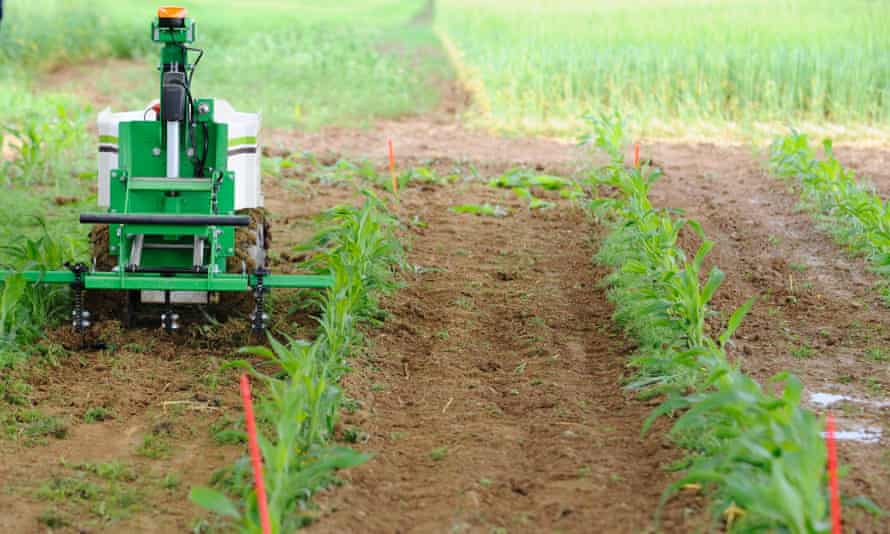
Can We Ditch Intensive Farming And Still Feed The World Farming The Guardian

Intensive Animal Farming Everything You Need To Know What Is It Types Advantages And Disadvantages Farming Base
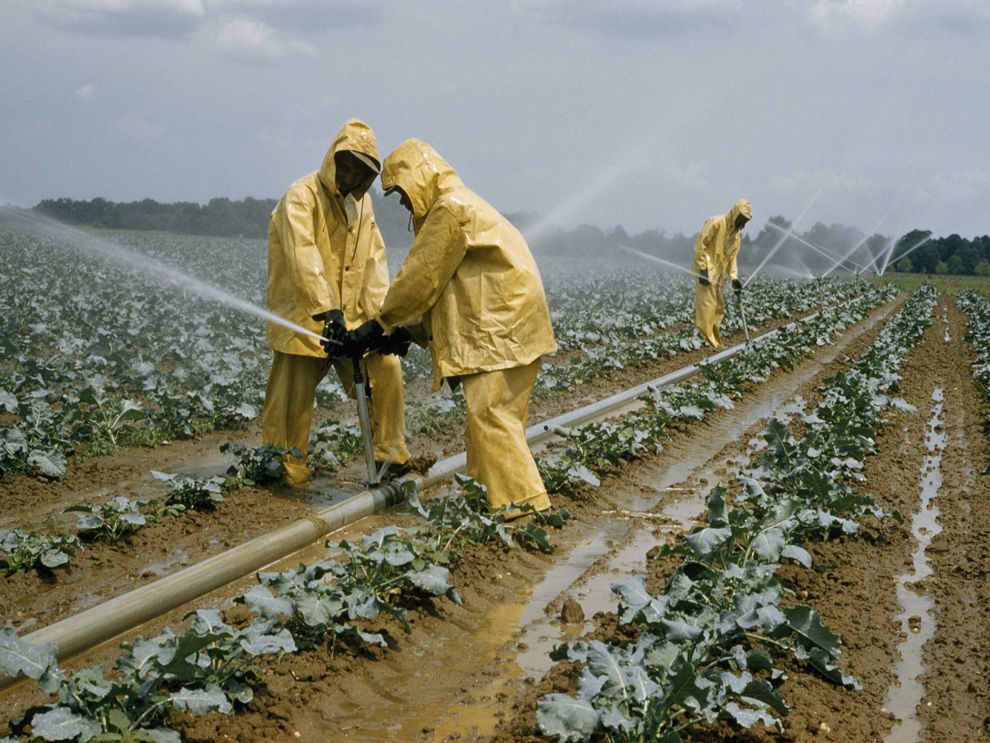
Agriculture National Geographic Society

Advantages And Disadvantages Of Intensive Farming

Intensive Farming Ecologically Sustainable Euractiv Com

Should Intensive Animal Farming Be Banned Debating Europe
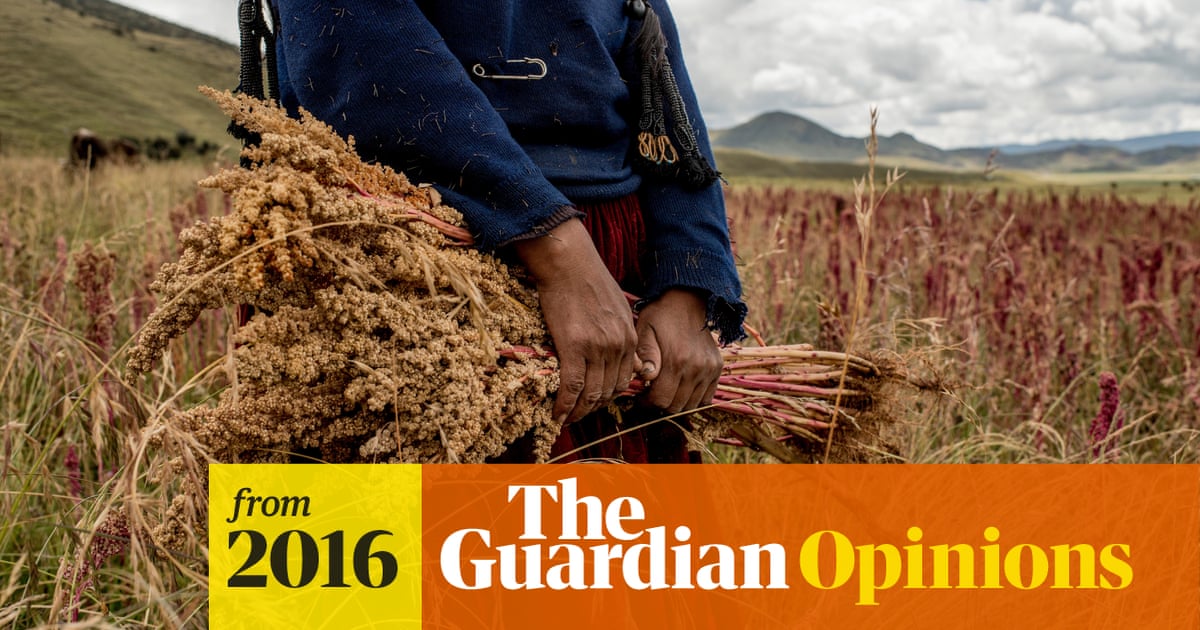
Quinoa Isn T A Threat To Food Security It S Improving Peruvian Farmers Lives Guardian Sustainable Business The Guardian
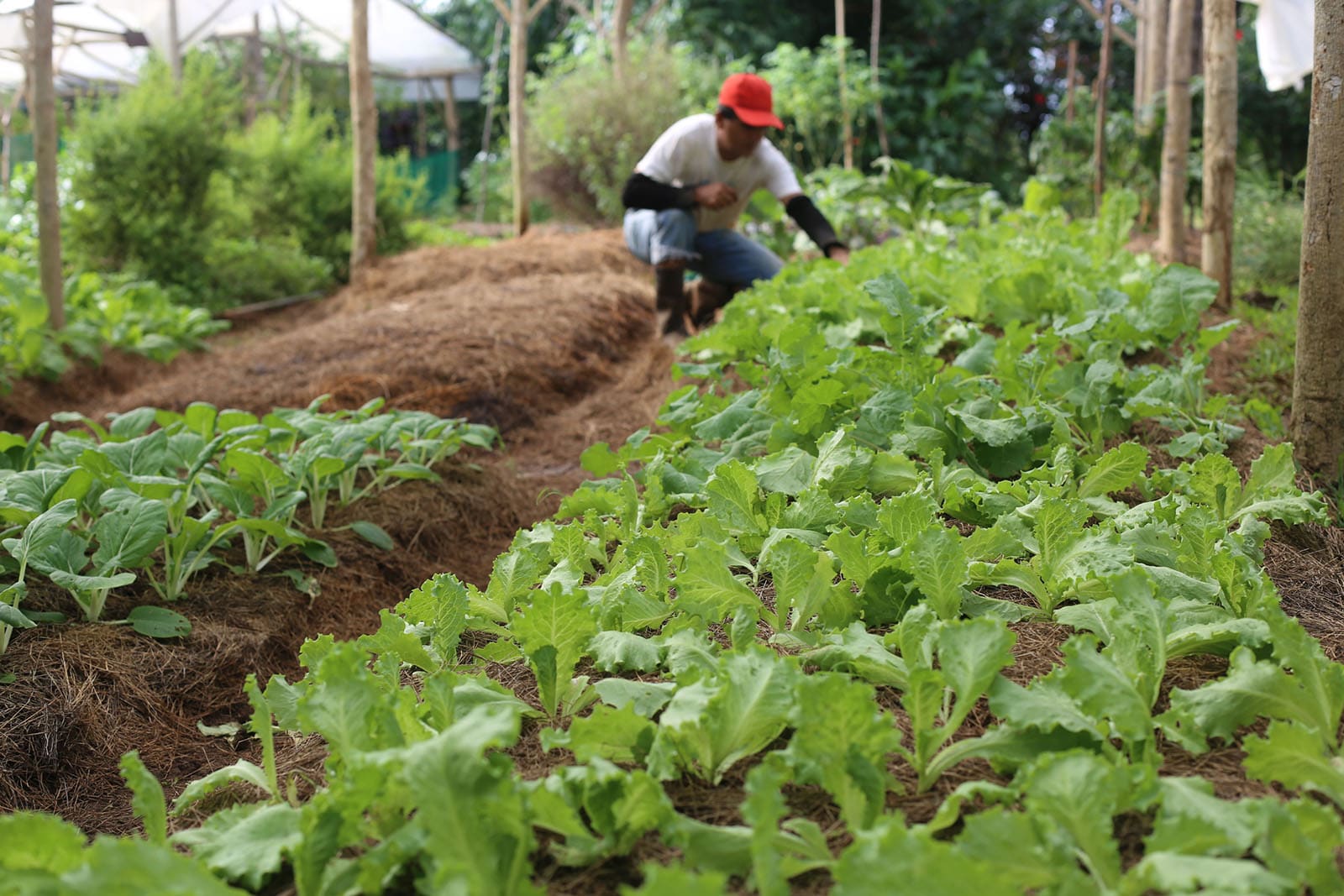
What Is The Importance Of Bio Intensive Gardening
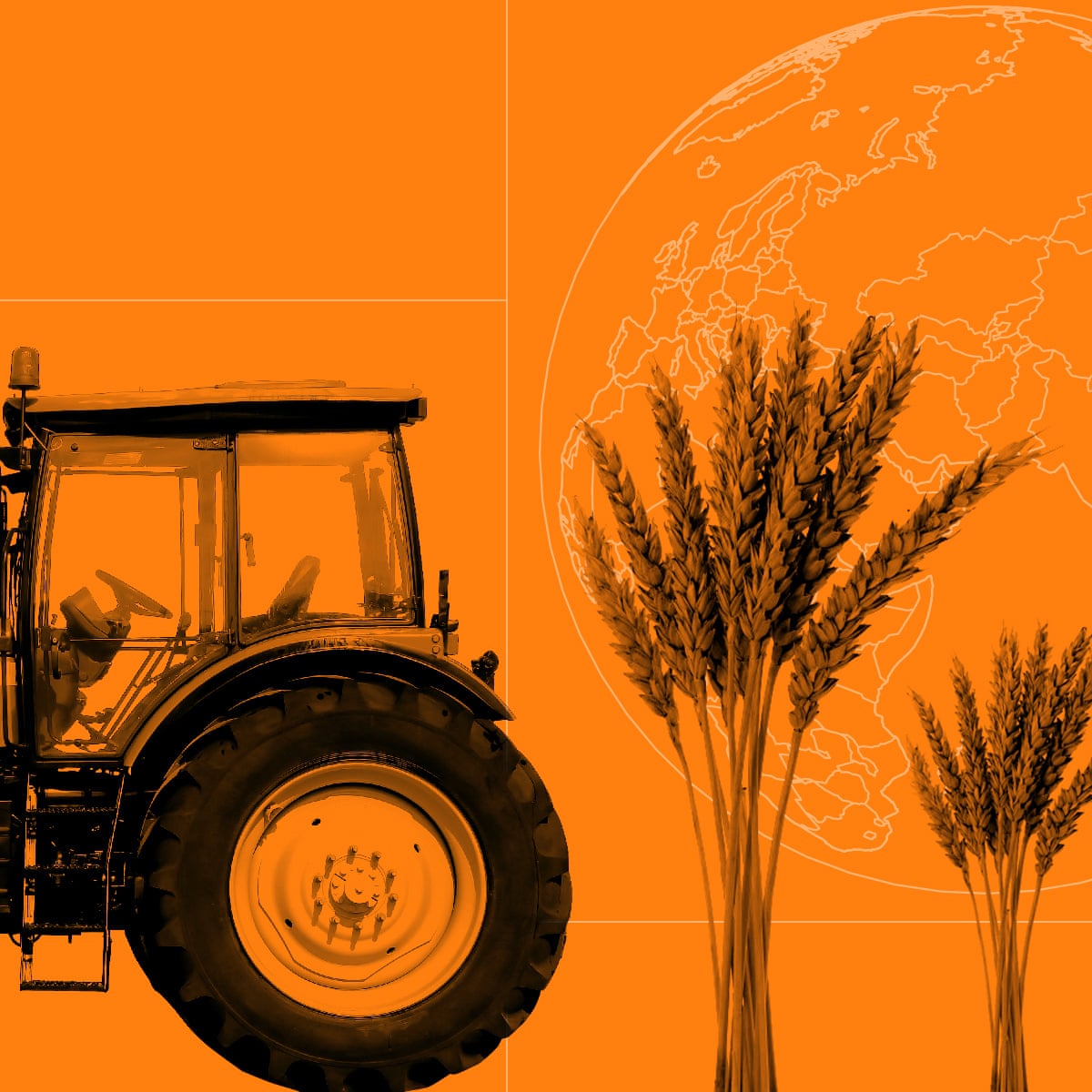
Can We Ditch Intensive Farming And Still Feed The World Farming The Guardian
Post a Comment for "Intensive Farming Higher Biology"